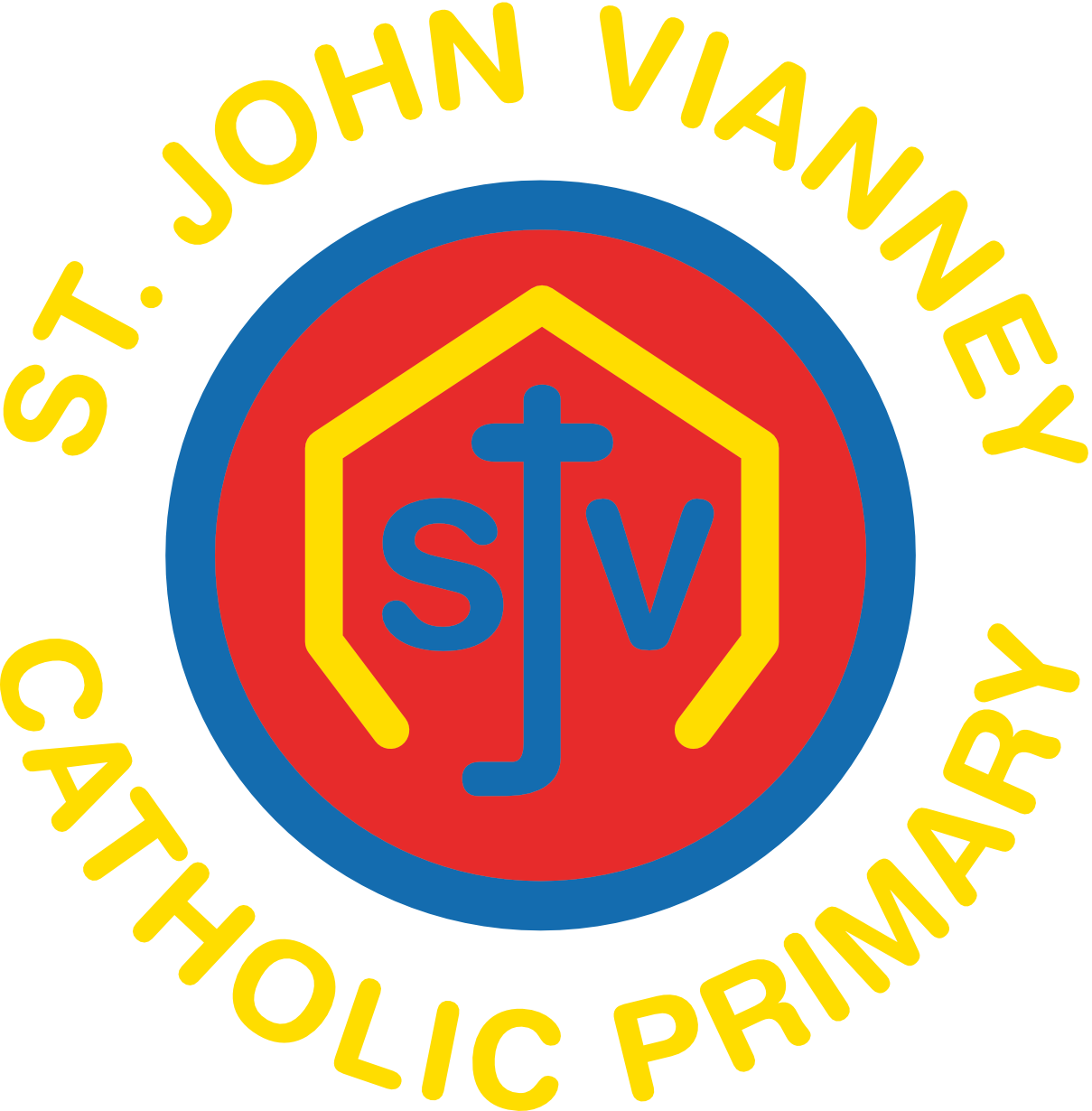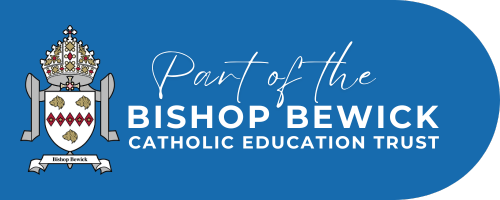
Modern Foreign Languages
Modern Foreign Languages
French is a much-loved subject at St John Vianney and is greeted with enthusiasm and energy both by staff and learners. At St John Vianney Catholic Primary School, we believe that the learning of a language is a unifying experience for our children, no matter their ability in other curriculum areas. Furthermore, there is an emphasis on employing a rich range of enjoyable and interactive learning experiences to engage all learners. The learning of French at St John Vianney is underpinned by songs, stories and rhymes, used both to reinforce language teaching and to expose children to French culture. Lessons draw on a wide range of resources such as music, film and websites to capture pupils’ interest as well as give them access to French spoken by native speakers.
We understand that in the future, our children may need to learn another language, or indeed other languages, and so we are endeavouring to create language learners as opposed to just French learners. We focus on transferrable language skills as well as vocabulary. French is a developing curriculum area at St John Vianney and we are currently working with a Primary French Project group to implement a new Languages scheme of work in school. Through our involvement in the project, we are moving to the ‘Primary French Project Scheme of Work’ in September 2022, which is supported by l’Institut Francais Royaume-Uni, the Association for Language Learning and Network for Languages. Our MFL curriculum lead has been trained by Catherine Cheater who helped develop the programme. We are confident that this scheme will allow our children to make progress across each French language skill through small steps, and that the focus remains on being able to ‘do a lot with a little’ rather than a little with a large stock of words in French. As such, we have aspirations and plans to see the subject grow and embed across school.
INTENT:
We intend that pupils at St John Vianney will grow to love learning a language and will be very confident in their ability. The teaching of French is underpinned by positivity and praise, completely focusing on what the pupil can do and how far they have come. They will practise all four skills, speaking, listening, reading and writing on a regular basis. As children move through school, they will build upon their existing language skills to progress from speaking in words and phrases to speaking in full sentences and conversing; from listening to and reading key vocabulary to understanding passages of spoken and writing text in the target language; from writing key vocabulary to writing in phrases, sentences and short passages, with an increasing understanding of grammatical structures, including those that do not exist in English.
We intend that our Languages provision will support transition between primary school and secondary schools to ensure that the teaching of French can be picked up from the children’s end of key stage level, rather than starting over, which can lead to frustration and disengagement. This focus on transition ensures that there is a consistent approach to the teaching of grammar, phonics and vocabulary across settings.
IMPLEMENTATION:
French is statutory in Key Stage Two and as such, it is taught weekly for 30 minutes in Years 3-6. However, we believe that children in KS1 should be exposed to a foreign language, and so our Year 1 and Year 2 pupils also have a weekly lesson, based mainly around key vocabulary, songs, rhymes and stories. Pupils build on their prior knowledge each year, revising previous topics, and adding new, more complex vocabulary and grammatical structures. From September 2022, we will fulfil the National Curriculum Languages Programme of Study through the ‘Primary French Project Scheme of Work’.
IMPACT:
Pupils enjoy their language lessons, which are often started with a chorus of “YES! It’s time for French”. By the time pupils leave St John Vianney, they will have acquired a solid core of vocabulary in the French language as well as an understanding of basic grammar. They can carry out a conversation in French where they can both ask and answer questions. They are able to understand short texts, both written and spoken, in the target language and summarise key points. They have a number of strategies for learning new vocabulary, understanding structure and working out meaning that can be applied to most of the languages they may choose to learn in their secondary education and future careers.
Language learners leave St John Vianney with an understanding of another culture, which facilitates effective communication with others and in learning languages, we can become better global citizens and stewards of our God-given world. Understanding of a foreign language promotes tolerance and understanding of different cultures, which is crucial in the context of our modern world. Language learning is a lifelong skill, which equips learners with valuable transferrable workplace skills, whether in the UK or through working or studying abroad.
CULTURAL CAPITAL:
At St. John Vianney school, we approach cultural capital through Modern Foreign Languages. This is a mixture of traditional and modern approaches to expose children to a variety of cultures. Lunchtime and after-school clubs as well as a rich and varied curriculum provide an opportunity to introduce activities to help develop pupils’ cultural capital hands on. These include celebrating different country’s cultures and traditions, whole-school French projects, yearly French Day in school, French learning led by a specialist language teacher and outdoor learning activities in addition to providing many external experiences through school trips and visits.


